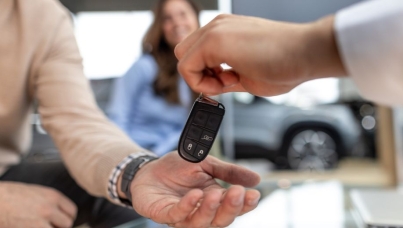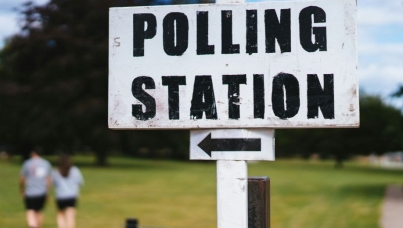Connected driving: public appetite but concern about safety
According to research by Ipsos for the RAC Foundation, the majority of drivers are interested in connected driving technologies, but both they and the wider public recognise how connections to the outside world have the potential to cause distractions and impact on safe driving.
According to research by Ipsos for the RAC Foundation, the majority of drivers are interested in connected driving technologies, but both they and the wider public recognise how connections to the outside world have the potential to cause distractions and impact on safe driving.
The online survey of 2,175 members of the general public of Great Britain aimed to ascertain the usage of and attitudes towards ‘connected technologies’ in vehicles, and what this might start to mean for regulators and manufacturers in the future.
Regarding the safety implications of connected driving technology, the public are slightly more inclined to disagree than agree that “information provided about the car (e.g. fuel usage) could distract people from driving safely” (34% vs 30%), or that “information provided about the journey” could have this effect (39% vs 26%). There is rather clearer sentiment though when it comes to information provided from outside the car (e.g. text messages, phone calls), with a sizeable majority (69%) believing this has the potential to distract people from driving safely.
In thinking about promoting safer driving behaviours, it is encouraging that there is a strong appetite for using a ‘vehicle safe mode’ on devices (such as a mobile phone) used in cars, meaning a mode which would prevent the device doing anything that could distract people from driving safely. Of current drivers and those considering buying a vehicle in the next one to two years, 60% agree that they would be happy to use such a device.
Other key findings of the research include:
- There is a strong appetite for using technology more generally. Over three quarters (77%) of the public agree that technology generally makes life better, while three in five (62%) say they try to keep up with it. Cars are seen as an essential part of life for a large majority of the British public: three in five (59%) say that their current lifestyle means they need a vehicle.
- While three in five (61%) say they are interested in connected driving technologies, when it comes to buying a new or used vehicle, price and running costs are still the most important considerations for drivers, with “connected driving technologies” ranking just 11th out of 13 factors asked about in the survey.
- In terms of the types of connected driving features that drivers would be interested in if they were buying a new or used vehicle, it is features which connect the driver to the car and to the journey that are thought to be of higher importance than those connecting them to the outside world. The most popular wished-for features include information about the condition of the vehicle (e.g. tyre pressure, oil, brake fluid) (85% would consider this important), live traffic alerts /congestion warnings (81%), satellite navigation systems (79%), smart journey information (71%) and speed camera warnings (also 71%).
- Looking at current usage, almost two thirds (64%) of current drivers already have at least one connected driving feature in their main vehicle. The most prevalent features are satellite navigation systems (owned by 38% of current drivers), ‘smart’ journey information and Bluetooth connectivity (both at 33%). Overall, among drivers who use connected driving features already, half (49%) feel that these technologies have improved their overall driving experience.
- In terms of who amongst the population is more likely to be engaged with connected technologies, the research points to distinct segments of society: men, people in work, those from higher socioeconomic classes and/or higher earners (generally defined as those earning over £35,000 a year), and also those with children in the household.
Downloads
Technical details
Ipsos conducted an online survey of 2,175 adults aged 65+ between 5 and 8 October 2015. Results were weighted to the known population profile across Great Britain.



